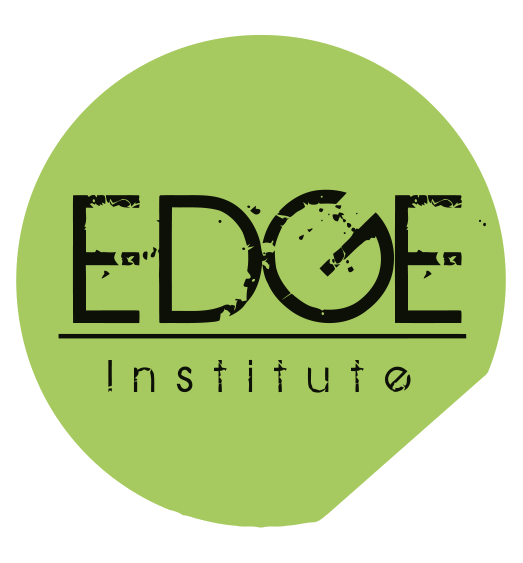The Value of an Emotional Education
Let’s start with a 3-minute pep talk from our very own-Kid President!
Now doesn’t that make you feel better? As emotional beings, our feelings and emotional experiences are inseparable from the physical and mental activities that fill our days. This is true for both adults and children.
In fact, children are experiencing emotional growth spurts as their brains develop all throughout their childhood and early adolescent years.
Each child is experiencing new emotional abilities and experiences at the same time as they are experiencing mental and physical developments.
Students have a lot of feelings about school and their learning environment. Emotional intelligence, while an innate development, it requires as much guidance and instruction as any other subject in school.
Dr. Jonathan Cohen, a professor in education, practicing child and adult psychologist/psychoanalyst and co-founder and president of the Center for Social and Emotional Education, has discussed the impact of students, parents, and teachers’ feelings about school on the actual learning process. He refers to this idea more broadly as a school’s culture.
Perhaps you can remember a time when you felt especially stressed at school? Maybe you remember a math teacher who never really believed you were capable of earning a higher grade or an English teacher who just seemed to dislike you, no matter how well you behaved. These are the kind of emotional experiences that have a lasting impact on our attitude and aptitude at particular school subjects.
Feeling safe and supported at school is especially important for children who grow up in conflict zones or unstable environments. Emotional education and a curriculum that incorporates affective-minded teaching styles is vital to children developing confidence and security despite challenging situations.
Many EDGE students have experienced extreme trauma in addition to more prevalent learning difficulties. To help address these issues, EDGE incorporates psychosocial support into the curriculum and teaching styles. EDGE has created several EDUCATION IN EMERGENCIES programs for children. Although the actual content being taught is one valuable aspect of the programs, it is far from the only one. Creating a welcoming space for children to feel valued and celebrated, is actually a key part of the learning process. We must feel safe before we can learn.
EDGE also works to help support the Youth in conflict affected countries. Too often teenagers must act as parents while they themselves have educational needs and ambitions that are overlooked. This is why EDGE has created Engaging Youth programs to give individuals between the age of 13-29 the opportunity to continue their personal development, while supporting their families.
An emotionally supportive culture of learning is a necessary, but challenging service that EDGE incorporates into its programs. Finding trained psychological professionals and strategizing how to guarantee children are cared for at school is difficult in any classroom, but that’s especially true for schools in conflict zones. EDGE wants to help make schools emotionally beneficial as well as cognitively informative.
Do you think emotional education is important in schools? If so, we’d love to hear your thoughts in the comments below. Also, if you want to make sure that EDGE continues to provides psychosocial care to children and teenagers in conflict zones, then please consider donating to the EDGE program. Even if you can’t donate, we’d love your support. Even sharing this article helps spread the word about EDGE. If you’d like to learn more about emotional intelligence and affective-minded care in schools then click on any of the links in this article or take a look at the suggested reading list provided below.
--------------------------------
Further suggested reading:
http://brainconnection.brainhq.com/2000/07/15/cognitive-and-emotional-development-in-children/
Affective equality: love, care, and injustice (2009) -Kathleen Lynch, John Baker, and Maureen Lyons
Making Your School Safe: Strategies to Protect Children and Promote Learning (Teachers College Press (2007)- John Devine and Jonathan Cohen
“Academic Education: Creating a Climate for Learning, Participation in Democracy, and Well-Being”-Jonathan Cohen Harvard Educational Review Vol. 76 No. 2 Summer 2006
“Children’s Counter-narratives of Care: Towards Educational Justice” Wendy Luttrell
Children & Society Vol. 27, (2013) pp. 295–308



